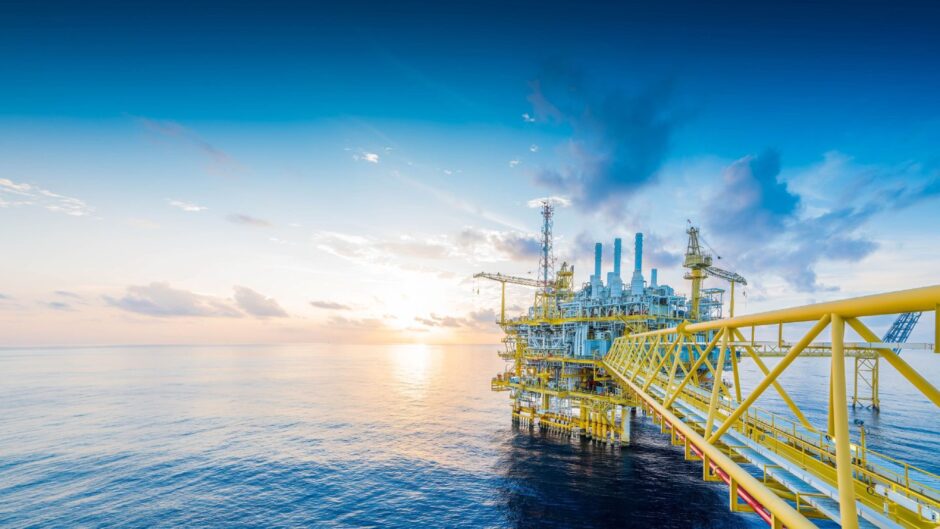
Mark Davison, Group Engineering and Technical Director PD&MS Group, discusses decarbonisation and the challenges it presents.
The oil and gas sector faces many challenges as it works towards net zero. The World Energy Outlook report (2018) highlighted that both directly and in-directly, the oil and gas industry accounted for 42% of global emissions. To play its part in mitigating climate change, the sector must reduce emissions by 3.5gigatons of CO2e a year running up to 2050.
Achieving this target would clearly be easier if the use of oil and gas declines however the challenge for many energy companies remains; how they can decrease the majority of their emissions in a cost-effective manner whilst minimising disruption to existing operations?
How to plan for decarbonisation
Planning and implementation of a decarbonisation strategy is critical for energy companies and their ongoing operations. A decarbonisation strategy is underpinned by a robust carbon reduction management plan which starts with accurate emissions baselining, accounting for all Scope 1,2 and 3 emissions along with clear emissions forecasting and reduction targets with an achievable timeline.
The challenge for oil and gas operations will be how to manage the trade-offs between longer term decarbonisation against shorter term growth, revenue and sustainability goals, including how they align decarbonisation initiatives with the larger energy transition objectives.
The identification of feasible emission reduction opportunities and the most cost-effective way to decarbonise these is critical for assets and operations, as is demonstrating the business case. Effective screening, ranking and prioritisation of emission reduction opportunities based on option feasibility, return on investment and timeline to implement will provide the foundation of a robust decarbonisation strategy.
What challenges are there in the Middle East?
This region equally faces challenges of balancing energy security, energy transition and decarbonisation to meet net zero targets. High dependency on oil and gas currently accounts for 95% of electricity generation within the region, with power and industrial sectors accounting for 50% of total emissions.
It’s therefore imperative that oil and energy companies advance decarbonisation. The region can play a central role in the new evolving energy sector given its incredible potential for new renewable and low carbon technologies with the exporting of renewable energy by integrating grids across Middle East, North Africa, Europe, and Southeast Asia.
This presents a huge opportunity to accelerate the energy transition. The focus areas for existing oil and gas operations involves managing upstream production emissions and the deployment of Carbon Capture, Utilisation and Storage schemes to reduce emissions from refining and other industrial processes.
In addition, the key strategic priorities for the power generation sector will be improving the efficiency of existing power generation, fuel switching away from oil-based generation assets and deploying renewables at scale. The region has a challenge to manage decarbonisation with a heavy concentration of large energy, power and hard to abate industries however there is a major opportunity within the region to expand the energy basket, address national economic priorities and drive global collaboration in support of the Net Zero journey.
Find out more about PD&MS’ capabilities.
Recommended for you

 © Supplied by PD&MS
© Supplied by PD&MS